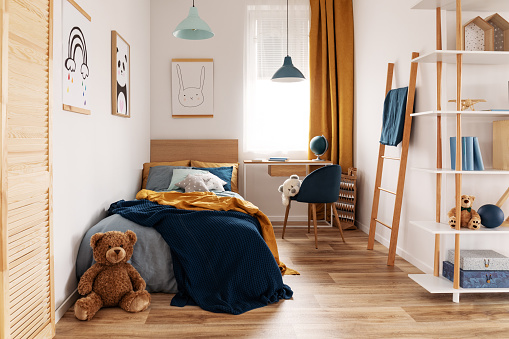What is common co living?

What is old is new again in Singapore urban areas. Individuals are living with aliens to set aside cash and keep a better quality of living than they may appreciate all alone. This time they're calling it "co-living." This specific brand of lodging includes leasing private rooms in dormitory-like structures where living rooms, kitchens, and even washrooms are shared. This is fundamentally the same as the substantially less splashy pattern of "having flatmates," however there are some key contrasts.
In co-living circumstances, utilities and WiFi are incorporated, similar to various conveniences, for example, housekeeping administrations and cooked gatherings. These units are frequently outfitted and don't need long rents, while fixes and charging are dealt with through an application. Co-living companies, for the present, are generally opening spaces in urban areas with a critical number of tech laborers, and they as often as possible notice the words "community" and "innovation" in their promotion copy. "It's tied in with keeping the great pieces of having flatmates and disposing of however many irritations as would be prudent," Brad Hargreaves, the CEO of the co-living company Common, told Recode. While co-living is in no way, shape, or form going to supplant conventional flatmate game plans at any point in the near future, it is becoming more famous. In the following, not many years, the number of units offered by significant co-living companies in the US will significantly increase to around 10,000 according to another report by land firm Cushman and Wake field, which gives an inside and out gander at the condition of co-living.
According to the investigation, significant co-living companies including Common, Ollie, Quarters, Start city, X Social Communities, and We Live, which is controlled by the co-working company We Work right now have a little more than 3,000 beds in the US, fundamentally in significant urban areas. That supply has not had the option to satisfy needs, so these companies are growing. Co-living companies are showcasing themselves by riding the line between trendy idealistic aphorisms "The better approach for a living is occupying time, space, and spot that mixes motivation within